Speaking at the launch of the government-commissioned study by Copenhagen Economics on the potential effects of the proposed Transatlantic Trade and Investment Partnership (TTIP) on Ireland in Dublin Friday morning, European Commissioner for Trade, Cecilia Malmström, said: "TTIP is about reinforcing that kind of beneficial regulatory cooperation. But we are not going to change our laws when our approaches are just too different. That's why we are not going to change our regime for genetically modified food or on hormone treated beef. And no product will be allowed on Europe's market that does not comply with our high standards."
The IFA expressed concern earlier this week that US beef from hormone-fed cattle could be allowed into Europe as a result of a free trade deal.
According to Malmström, the regulatory side of ongoing trade negotiations aims to "to find ways to make EU and US regulation more compatible, without diluting our protection of people or the environment".
Dairy, beef to benefit from lower tariffs
On the tariffs side, the commissioner argued that the Irish agri-foood industry would benefit from lower trade barriers, especially in the dairy sector. "Cheeses face some of the highest tariffs in the US – often well over 100%. If we can lower them or eliminate them, that will benefit us all," Malmström said. "Irish beef exporters also face tariffs in the US by the way, when they sell outside the quota. TTIP might be able to improve things there," she added.
There have been concerns about the fate of Ireland's beef sector under TTIP after the Copenhagen report showed that its export could shrink by up to €50m as a result of the agreement.
IFA President Eddie Downey said that TTIP presented very significant risks to both our beef and white meats sector. Projections from the Copenhagen report have led the IFA to ask the government to "guard against selling out our vital beef and white meats sectors for potential gains in other areas that may not materialise".
The business lobby group Ibec, which supports TTIP because it would represent an estimated €2bn boost to the overall Irish economy, acknowledged those concerns in a statement on Friday. "Although the dairy and processed food sector stand to benefit, the effects which this will have on the beef sector are still unclear. We need the continued involvement of the Irish Government in the negotiations, getting the details right on the issue of beef quotas will ultimately determine the impact on the sector," said Ibec’s Head of EU and International Development, Pat Ivory.
The commissioner said there was still time to discuss the terms of the proposed free trade agreement. "Even if we finish this negotiation tomorrow – and it will take a little longer than that I can tell you – we would still have a long democratic debate before taking a final decision," Malmström said.



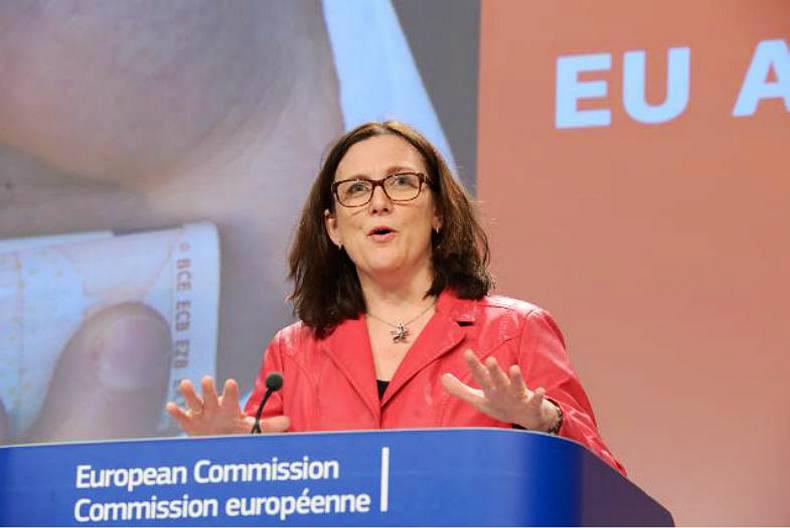
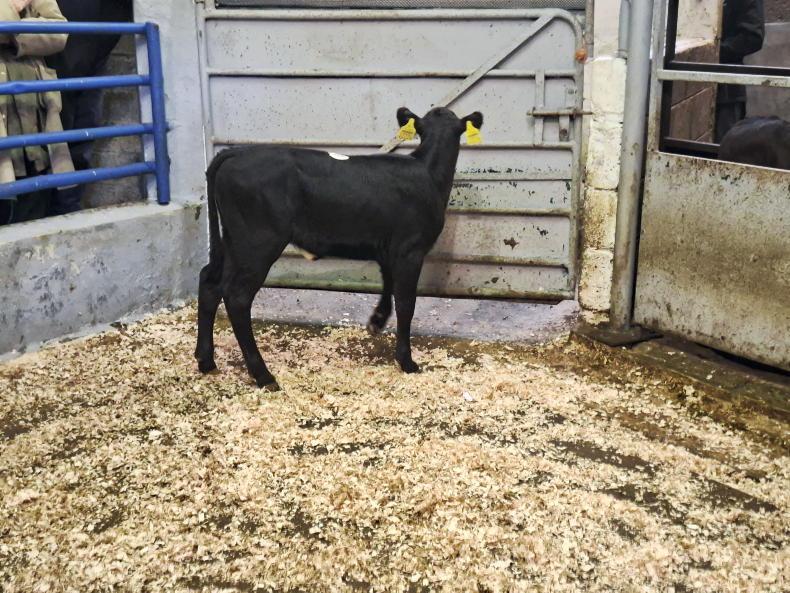

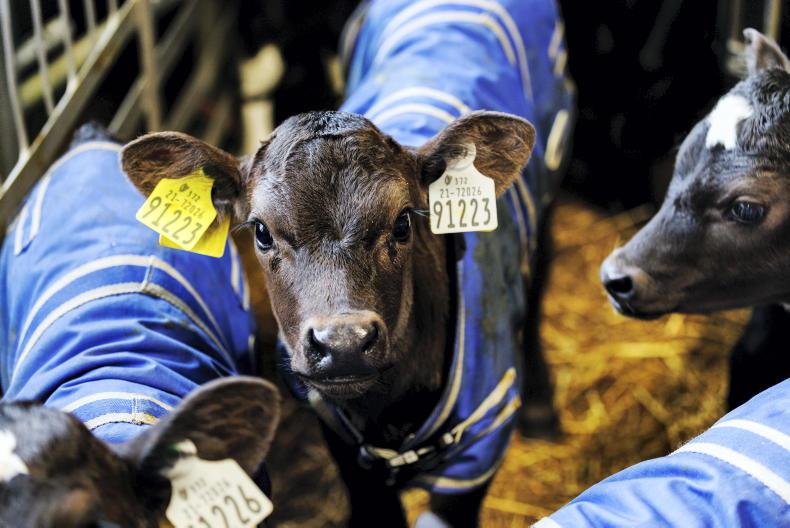
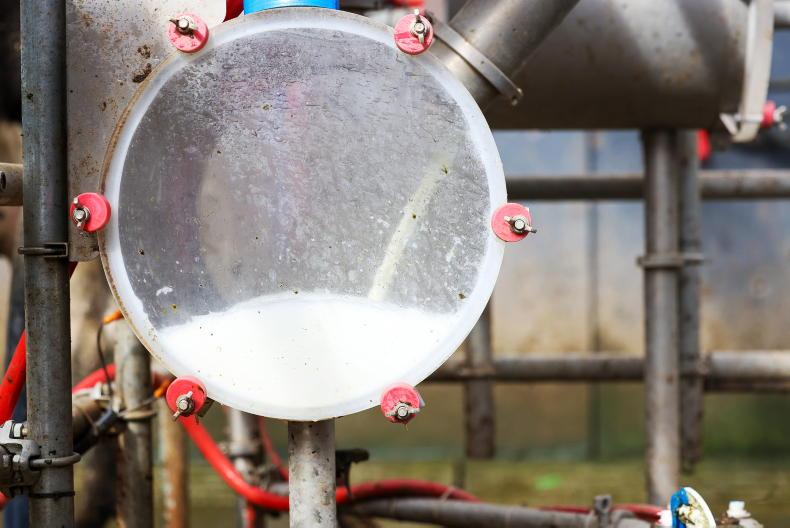
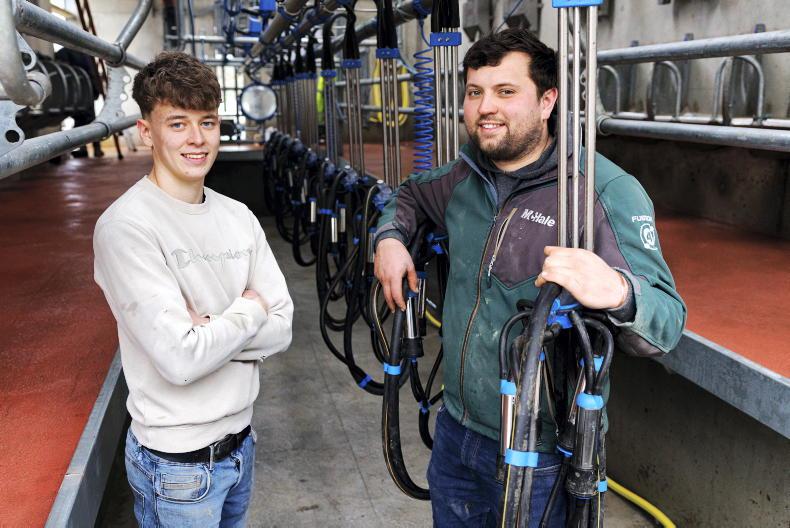
SHARING OPTIONS